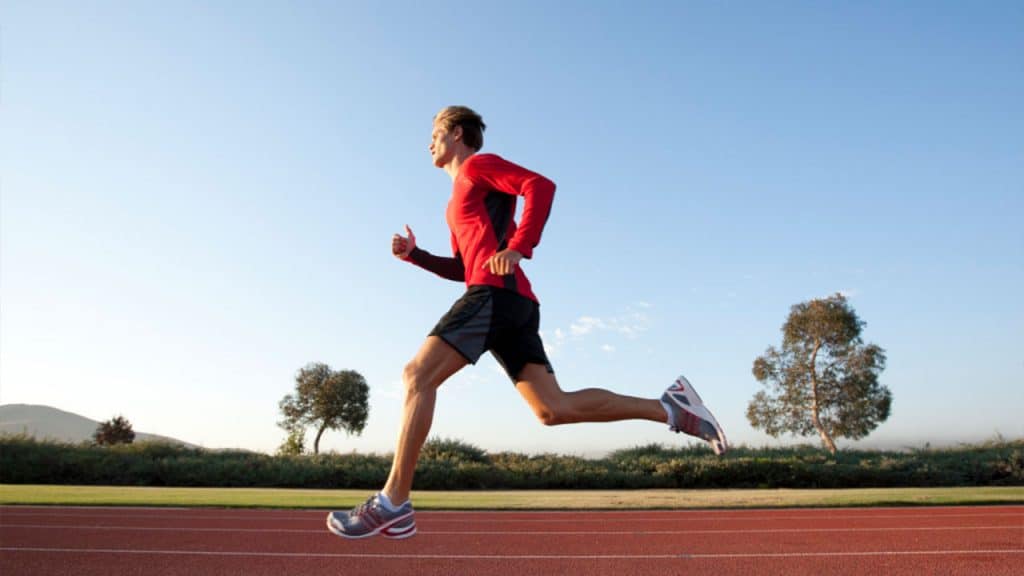Sport comes with a natural sense of competition. Even if you don’t have an opponent, you’re always being challenged to beat your own previous best. I know I’m always trying to figure out how to improve my own performance and realizing just how many factors need to be considered.
Of course, some of it depends on what you want to achieve. An elite athlete training for the Olympics has a whole different set of priorities from the casual sportsman who just wants to improve their own fitness. You may want to build muscle, and you may want to lose weight. You may just want to have fun.
Some of your performance is biological. It’s dependent on a host of different processes going on in your body. You can’t always control these – some people have longer legs than others or naturally broader shoulders. It’s pretty obvious that some people have the larger physiques that tend to suit football players, while those tending to a smaller size might be more inclined to gymnastics.
You can change other parts of your biology with the right type of exercise regimen. You can improve your strength, flexibility and endurance through the proper kind of practice. Eating the right foods – protein for muscle, carbohydrates for energy – is also essential. Determine what you want from your performance and consult with an expert about the best way to achieve it.
Other aspects of your performance are more mental than physical. A positive attitude can make a huge difference, and you’ll never get anywhere if you can’t motivate yourself to train properly. If you’re aiming to compete, you’ll need to prepare for the extra pressure that is likely to produce. Even the greatest athletes have been known to be nervous when facing the biggest race of their lives. That’s why sports psychology is an increasingly popular discipline.
There are other external factors that you can’t do a lot about when working on your performance. If yours is an outdoor event, the weather will have an impact. A faulty piece of equipment can have a devastating effect in racket sports. The best athletes have teams of coaches and nutritionists and other staff, and all of them also need to be performing at their best. You can’t do it alone.
How exactly can you tell if your performance is improving? Sometimes it’s easy. If you run 100 meters in 11 seconds one day and 10.59 the next, you’re getting better. If you’re in a race and you come in first, you’re the best on the field. Jumping and throwing are easy to measure, or maybe you’re the team member who scores (or saves) the most goals.
You need to be able to measure these things properly because it’s hard to plan improvements if you don’t know where you stand. Figuring out where you currently are and your strengths and weaknesses is a vital part of planning for the future. Again, this is where a coach or personal trainer comes in handy, enabling you to tailor your fitness regimen to maximize your performance in the way you want.




